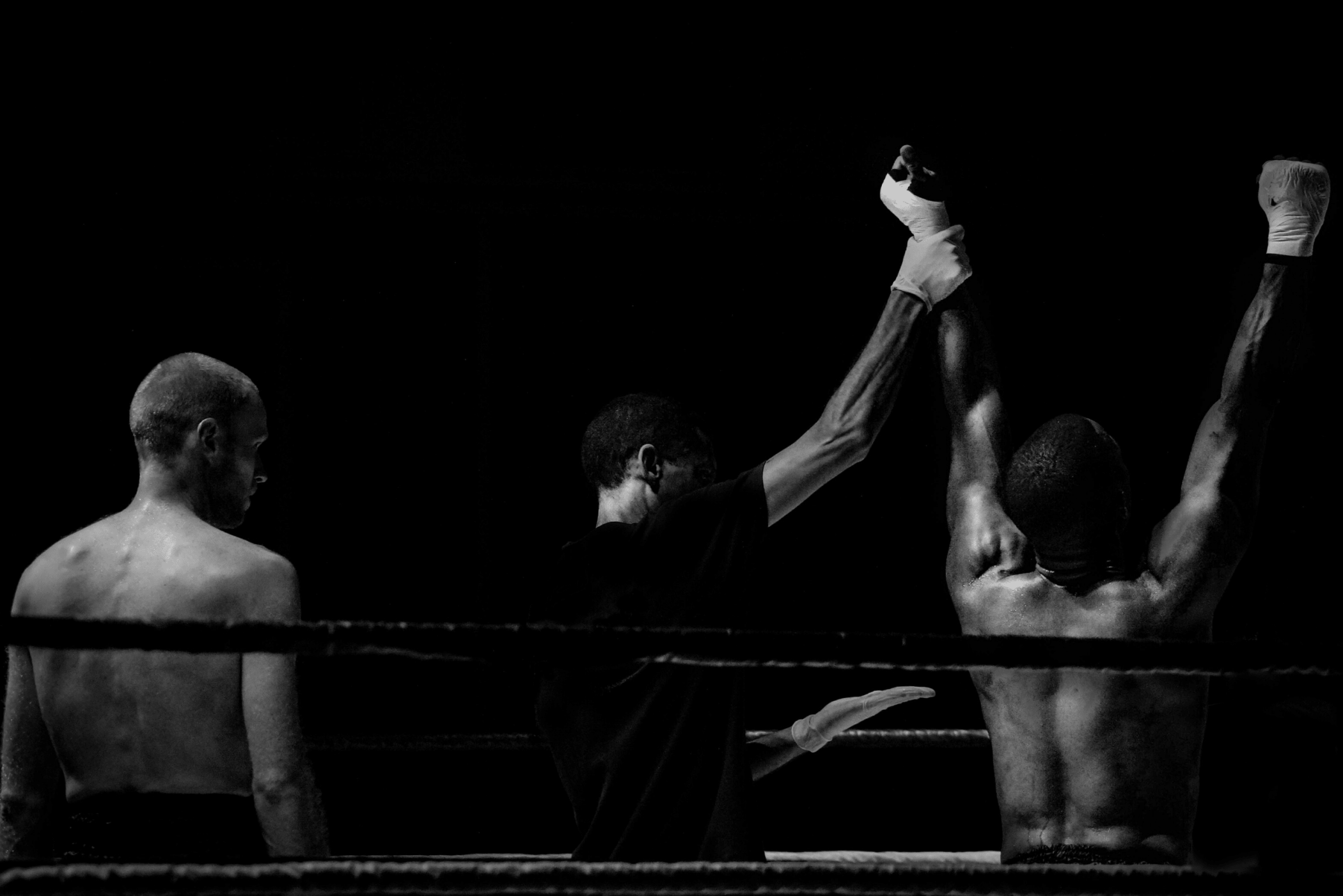The best who ever competed have failed.
Take these legends for example.
Michael Jordan failed. He failed to reach the NBA Finals during his first six seasons, including three straight post-season exits by the Detroit Pistons. He failed to reach perfection: missing 12,345 shots, including 26 game-winners, in his career. He’s known to credit his failures as the fuel to his future successes.
Serena Williams failed. One of the greatest tennis players of all-time has lost ten different Grand Slam Finals and fifteen additional championship matches. She has gleaned valuable lessons in each loss that have helped her win future matches.
“I don’t like to lose — at anything — yet I’ve grown most not from victories, but setbacks.”
Serena Williams
Tom Brady failed. The NFL’s greatest quarterback of all-time has lost 75 games, including three different Super Bowls. When asked what his favorite Super Bowl win is, Brady famously responds, “The next one.” Undeterred by past failures, Brady is hungry to win another ring.
Even the CrossFit Games’ Rich Froning & Mat Fraser both failed. Froning famously lost in 2010 after failing to complete multiple rope climbs. He went on to win the “Fittest Man on Earth” crown from 2011-2014. Fraser finished second in 2014-2015 before stringing together his own four-peat from 2016-2019.
The most successful leaders have failed. They've experienced the gut-wrenching, emotionally-draining failure after not reaching their goal. They’ve worked around the clock for months (and many times, years) for a goal, only to come up short on game day. Failure is the end of the road for many people. They believe that the pain of losing is too much that instead of feeling it again, they give up.
Others are so afraid of failure that they never even enter the arena of competition to begin with. Theodore Roosevelt once called these people “the cold and timid souls who know neither victory or defeat.” It’s true that they will never know the deep pain of defeat, but in the same vein, they’ll never experience victory.
Failure should be our teacher, not our undertaker. Failure is delay, not defeat. It is a temporary detour, not a dead end. Failure is something we can avoid only by saying nothing, doing nothing, and being nothing.” - Denis Waitley
Victory is only found through competition.
But competition does not guarantee victory. What competition does guarantee is that you’ll either taste victory or learn what it takes to get better. You win or you learn what it will require to bridge the gap from loss to victory so that when given another opportunity, you’ll know how to win it.
In sports, the conversation around young, inexperienced teams is that they need a year or two in order to make a championship run. They need to taste a playoff defeat and feel the sting of loss when the games matter most in order to understand what extra level of play it will require the next time in order to win. Teams should experience adversity in order to learn what more they need to become to overcome it.
Life works in the same manner. If we spend our entire life avoiding failure, we simultaneously spend our entire life avoiding achieving anything of merit. Failure happens on the way to a meaningful goal. We’re going to misstep. We’re going to fall short. We’re going to miss the mark (and in some cases, multiple times), but what matters most is that we get back up and keep competing.
Great Competitors refuse to let failure stop them. They view the situation as a learning experience and burn those lessons as fuel for their growth forward.
Don’t believe the lie that greatness is about being perfect. It’s not. Greatness is about enduring the flames of failure and still pressing onward. It’s about being sharpened by the challenges of life and not giving up.
Greatness is about competing every day through and beyond failure, instead of giving up when it strikes. The best Competitors who ever lived survived failure because they saw the setback as simply their setup for a bigger comeback and focused on what they would do next.
And so will you.


